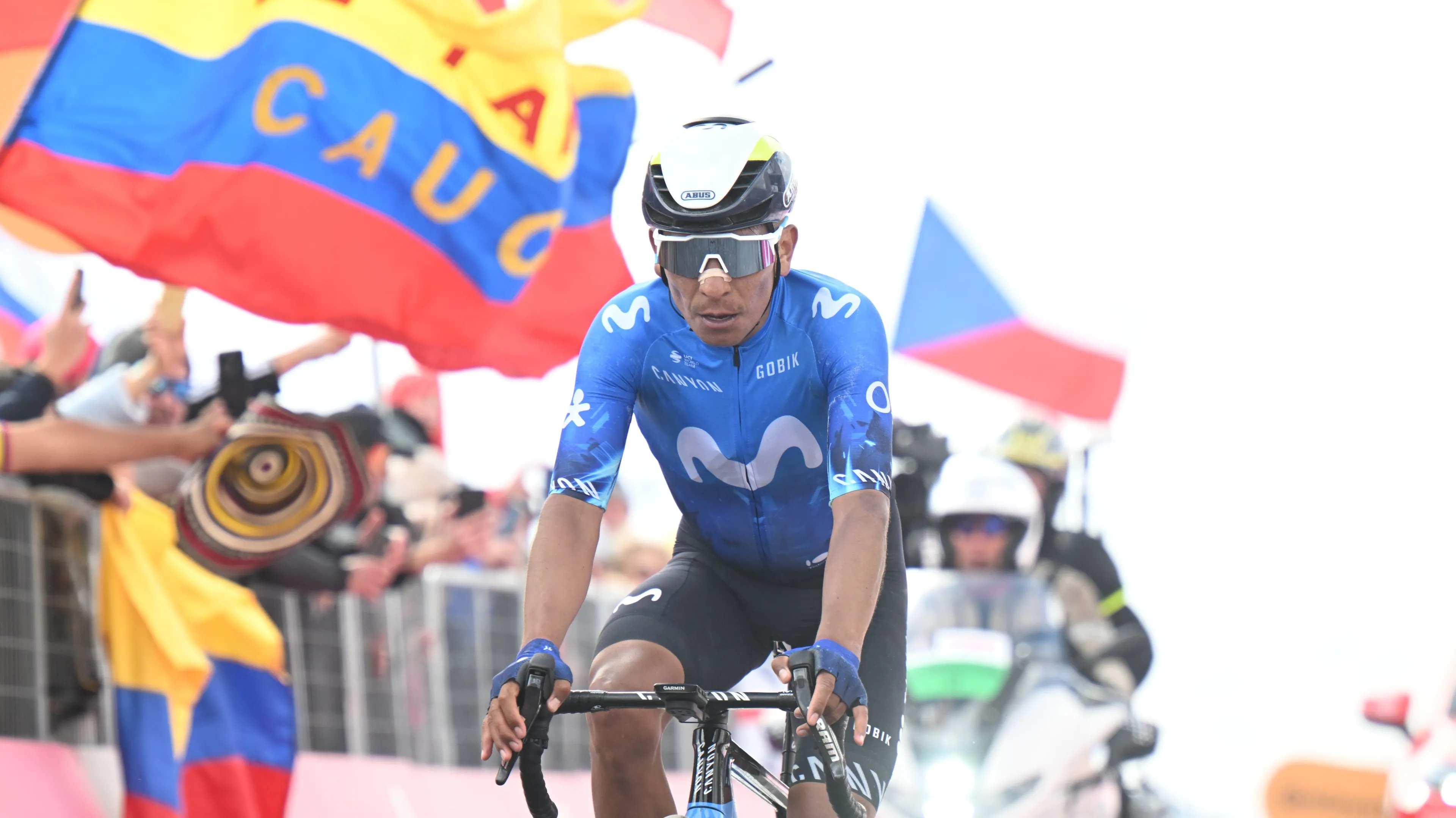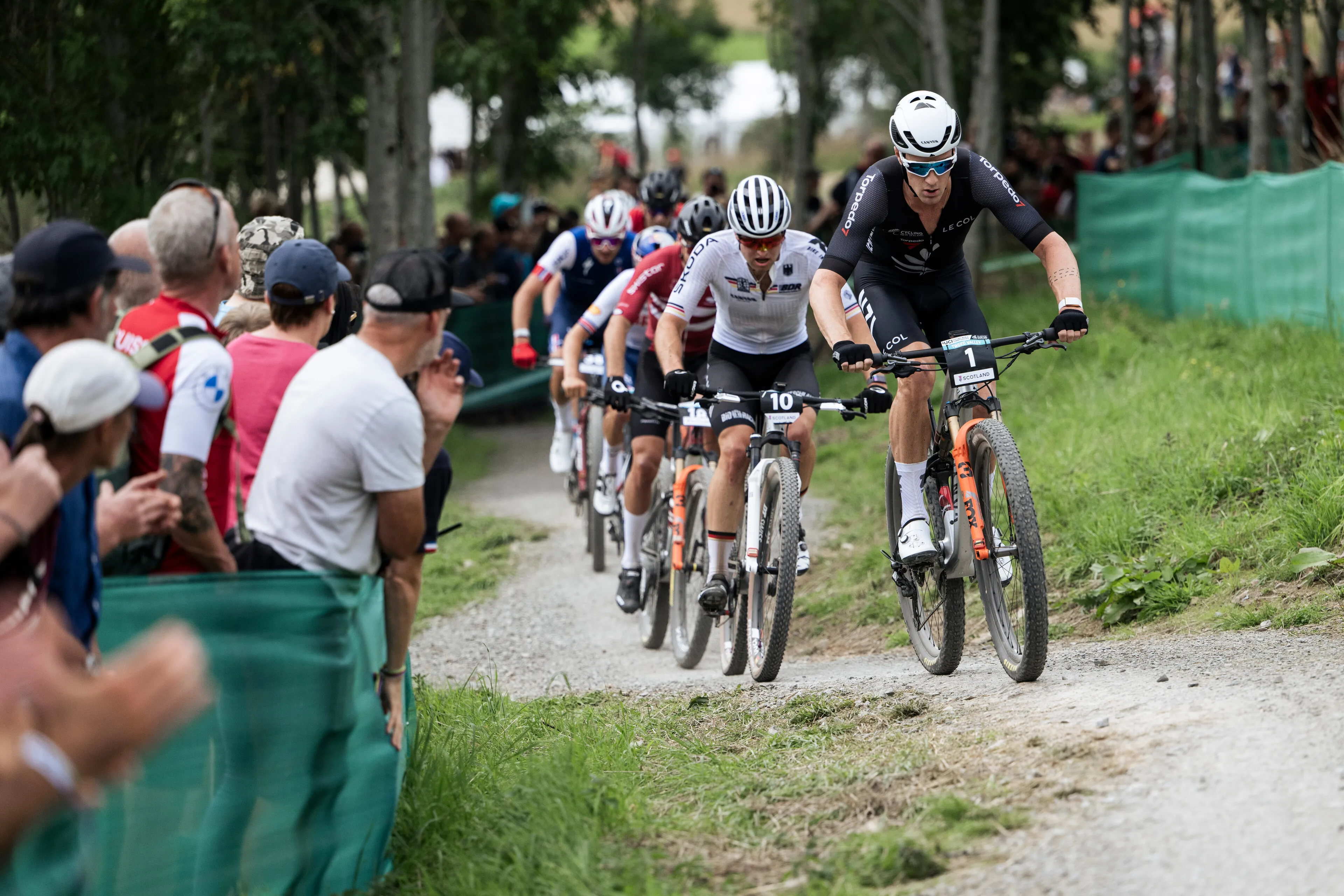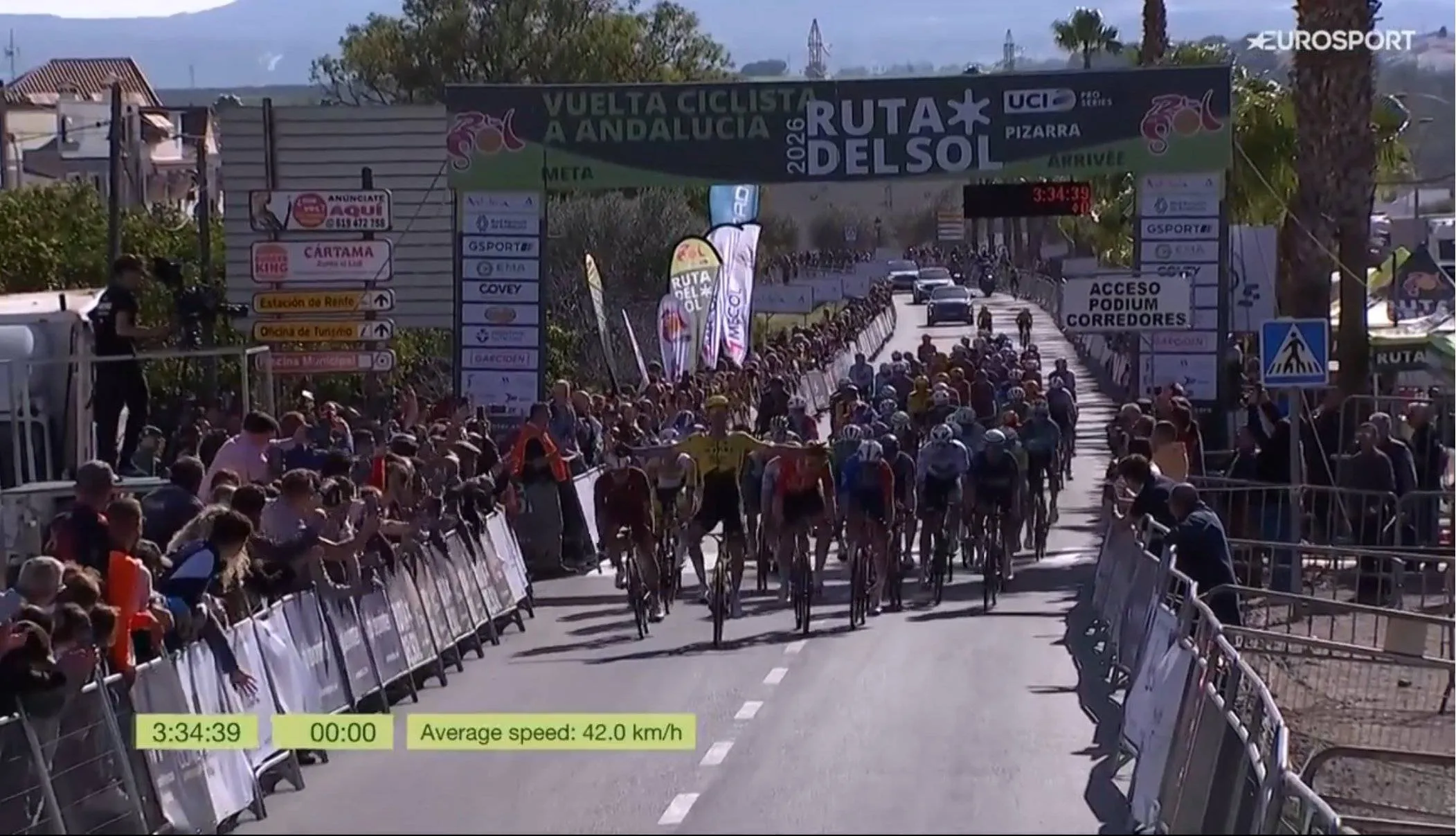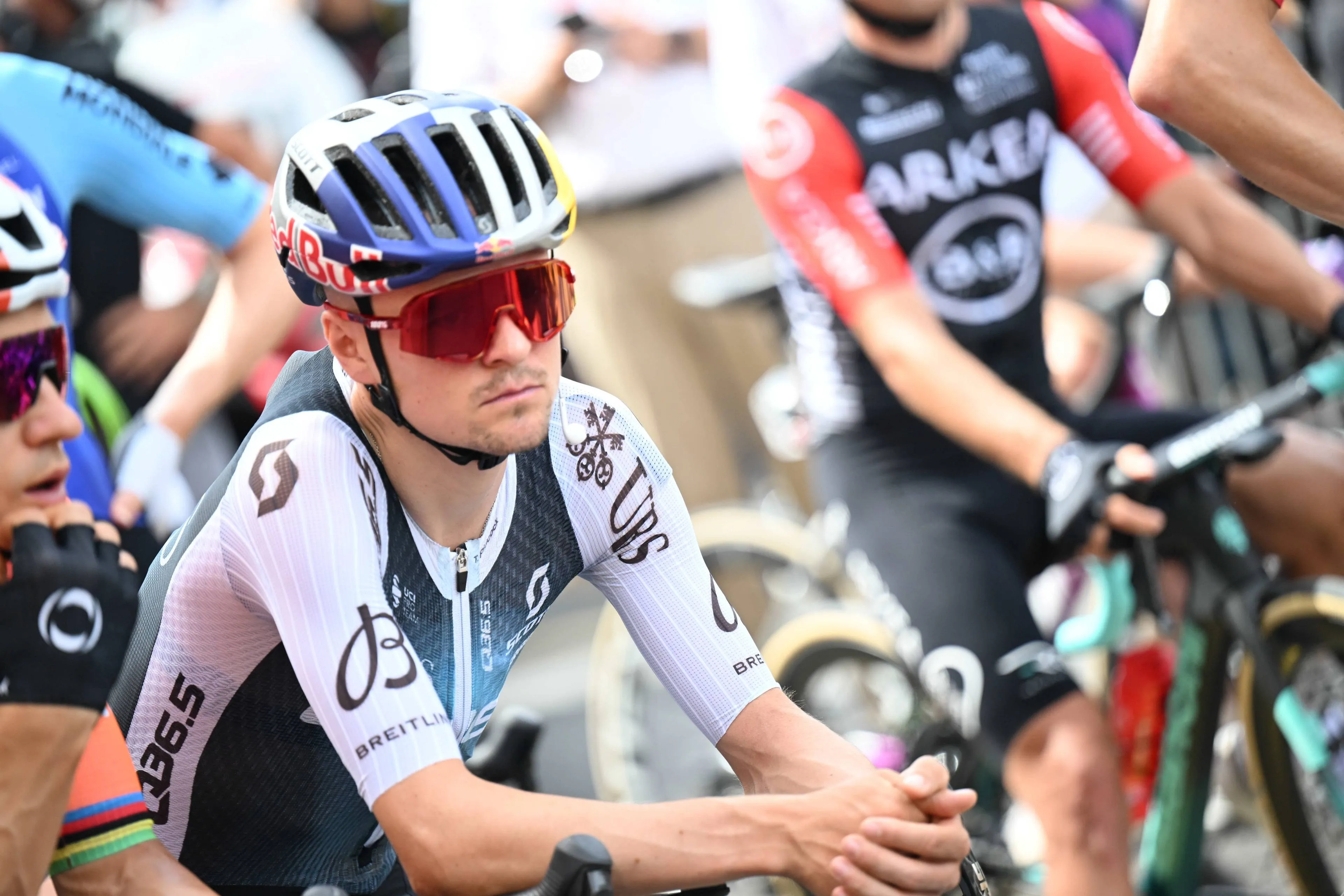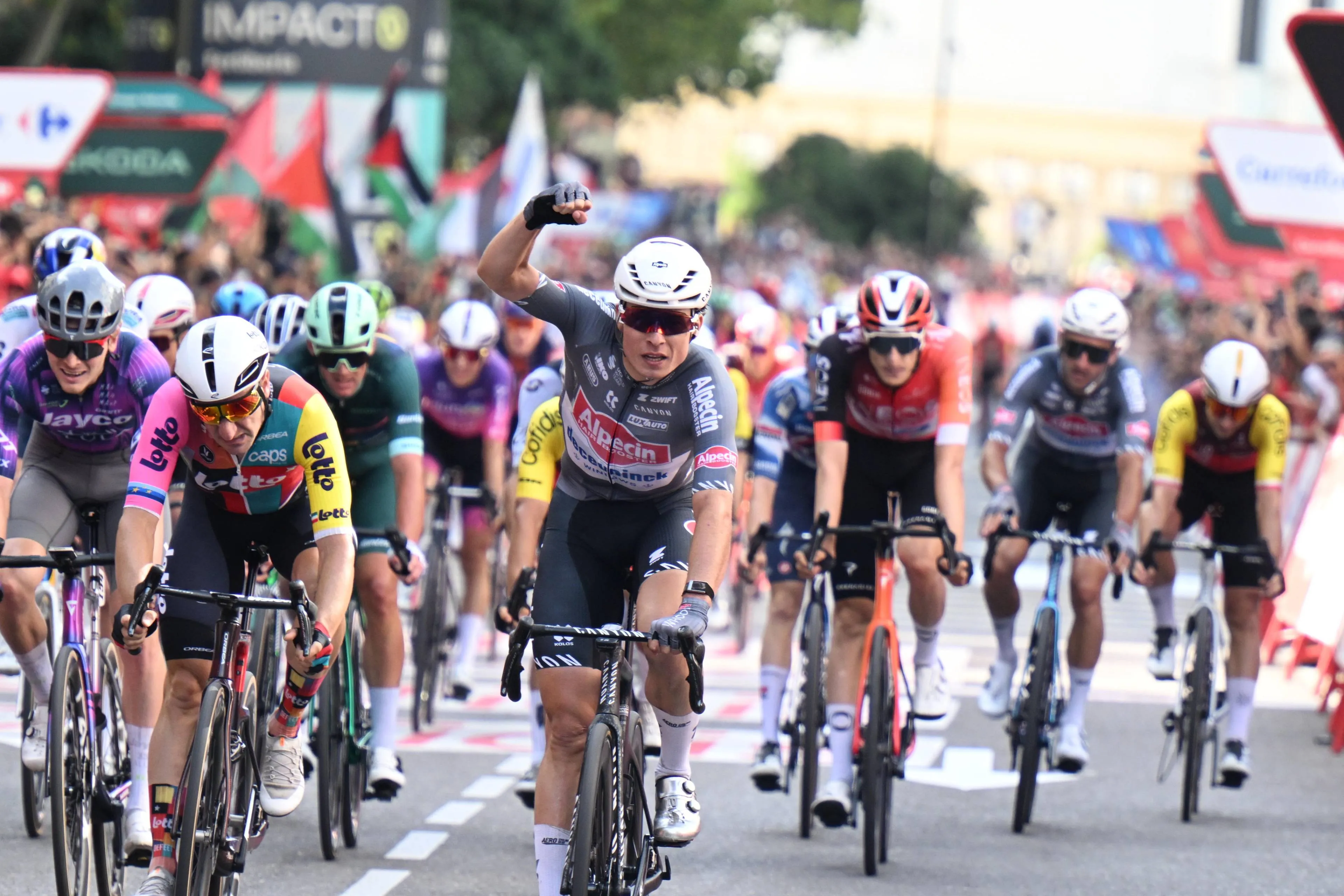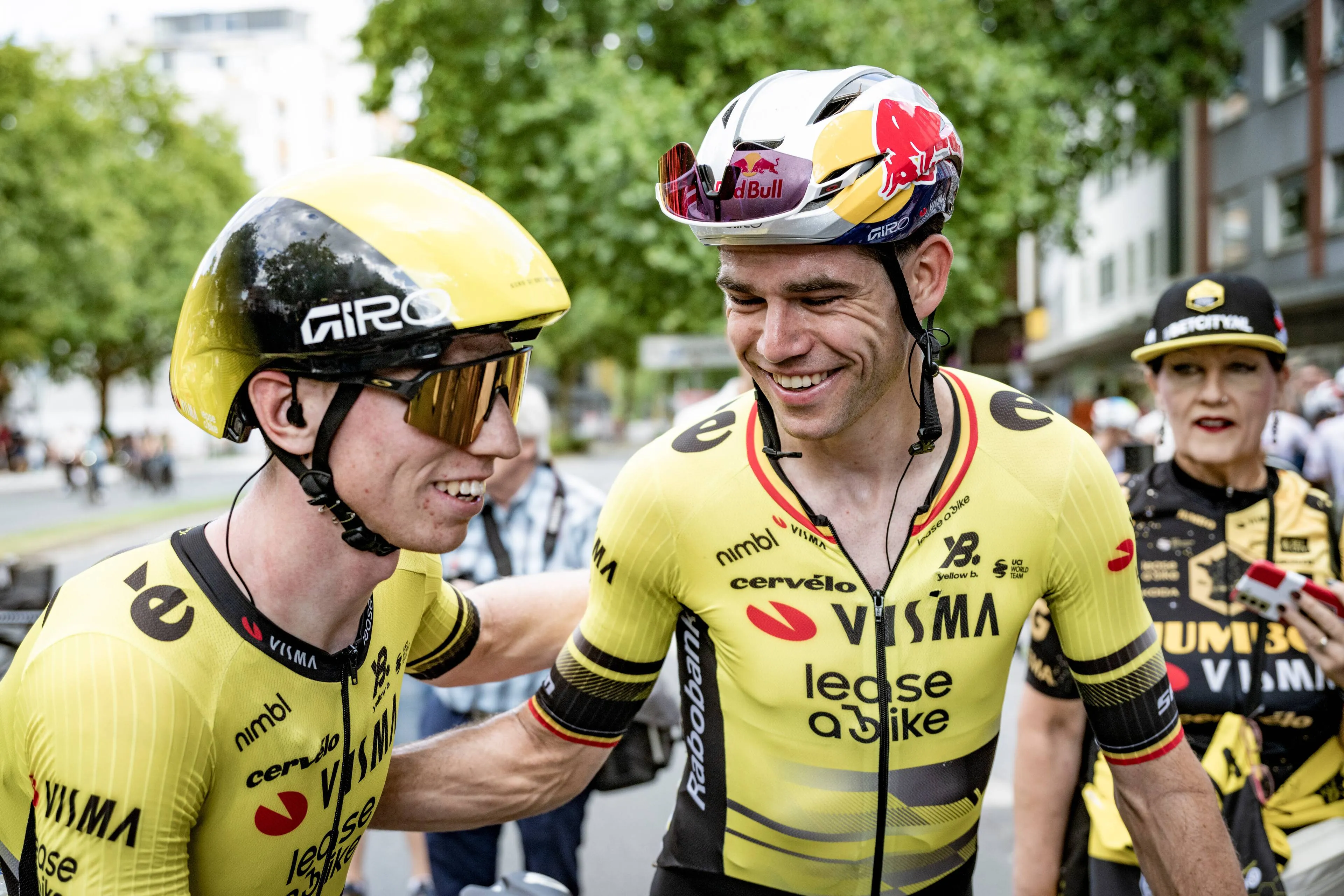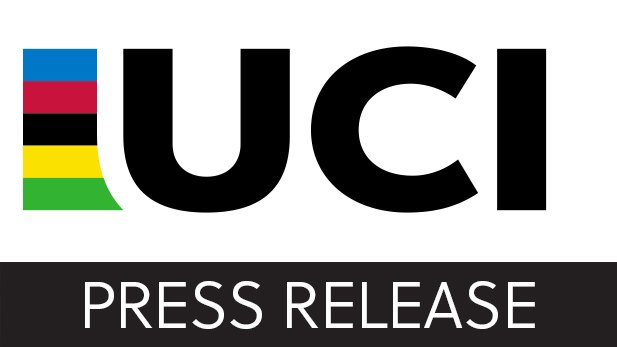Miguel Angel Lopez handed four-year ban by UCI for past doping transgressions
CyclingThursday, 30 May 2024 at 09:04
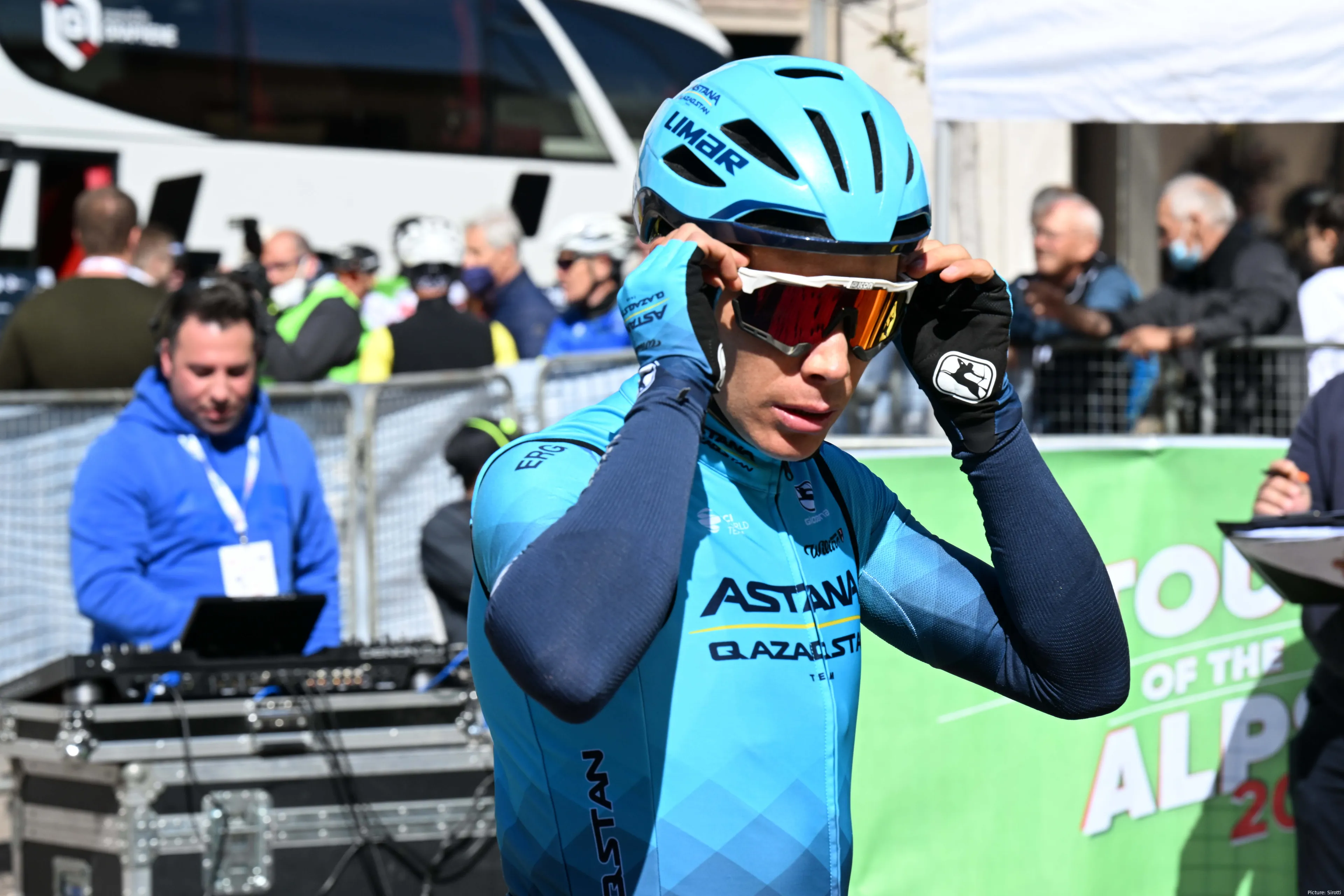
Miguel Angel Lopez has not managed to escape without punishment from his recent tribunal for alleged doping violations. Despite previous reports suggesting no evidence had been found against 'Superman', the UCI has ruled there was enough to give the Colombian a four-year ban from cycling.
"The Tribunal found Miguel Ángel López guilty of an anti-doping rule violation (ADRV) for use and possession of a prohibited substance (Menotropin)*, concomitantly with the 2022 Giro d’Italia, and has imposed a four-year suspension on the rider," reads an official statement by cycling's governing body. "In accordance with the World Anti-Doping Code and the UCI Anti-Doping Rules, the period of suspension started on 25 July 2023 and will remain in force until 24 July 2027."
Read also
The now-30-year-old Lopez was riding for the Astana Qazaqstan Team at the time of the transgression at the 2022 Giro d'Italia but given this latest blow, it's not out of the question that we have the last of the former four-time Grand Tour stage winner in professional cycling.
"As a reminder, the disciplinary proceeding was initiated following an investigation conducted by the International Testing Agency (ITA) based on evidence obtained from the Spanish Guardia Civil and the Spanish Anti-Doping Organisation (CELAD) in the so-called Operation “Ilex” concerning Dr Marcos Maynar. The UCI welcomes this valuable collaboration," the UCI statement continues. "Furthermore, in line with the Procedural Rules of the Tribunal, the decision will be published on the UCI website. The decision may be appealed before the Court of Arbitration for Sport (CAS) within one month. The UCI will not comment further on the matter."
"The UCI delegated the operational activities of its anti-doping programme to the International Testing Agency (ITA) in January 2021. Since then, cycling’s clean sport efforts have been led by the ITA Cycling Unit, which is dedicated specifically to all disciplines of cycling," concludes the statement. "The UCI and the ITA are bound by a service agreement which guarantees that the ITA operates in an independent manner."
Read also
claps 0visitors 0
Just in
Popular news
Latest comments
- Great champion Remco but his profile is more suitable for Ardennes-like races and tour with no very hard climbs. Not only Tadej and Vingegaard, there are a lot of younger cyclists (del Toro, Ayuso, maybe Seixas, Nordhagen and others) that will soon be big GC boys.
 maria2024202418-02-2026
maria2024202418-02-2026 - Evenopoel 1st real test, and he failedZamorano18-02-2026
- Remco is not the natural climber that riders like Tadej or Jonas are, no matter how much he trains and prepares for it. Yes, you can TT your way up moderately steep hills, but when the gradient gets super steep, he just can't keep up.
 santiagobenites18-02-2026
santiagobenites18-02-2026 - So against the better riders and a long mountain, Remco cracked. Sorry but way away from Pog and Jonasabstractengineer18-02-2026
- “I was portrayed as the devil" Bruyneel was really a talented team manager. His minor flaws: "coordinated, well-funded, and sophisticated doping regime" "hand-in-hand in implementing the team-wide doping programme" "was involved in trafficking and administering prohibited substances and methods, including EPO, blood transfusions, testosterone, human growth hormone, and cortisone. Teammates testified that nothing significant happened without Bruyneel's knowledge and approval." "fostered an environment where doping was considered a "fact of life" and necessary for success, effectively making it a condition of survival on the team. He also participated in or assisted with the cover-up of positive tests and doping violations." Those quotes show Bruyneel's true talent.Cyclingnut18-02-2026
- Fed up hearing "their" voicesslappers6618-02-2026
- When you join Ineos , learning , time , no pressure go out of the windowabstractengineer18-02-2026
- The UCI screws up againcaptmike18-02-2026
- No matter what people say - I'll watch it. And I bet all the complainers will do it too....averagecyclist18-02-2026
- Exactly what I'm thinking about it. Moreover Van Glis had a lot of time to rethink his situation but decided to stay where he was.averagecyclist18-02-2026
Loading
UCI statement concerning Miguel Ángel López bit.ly/3KlCTMZ
4 Comments
